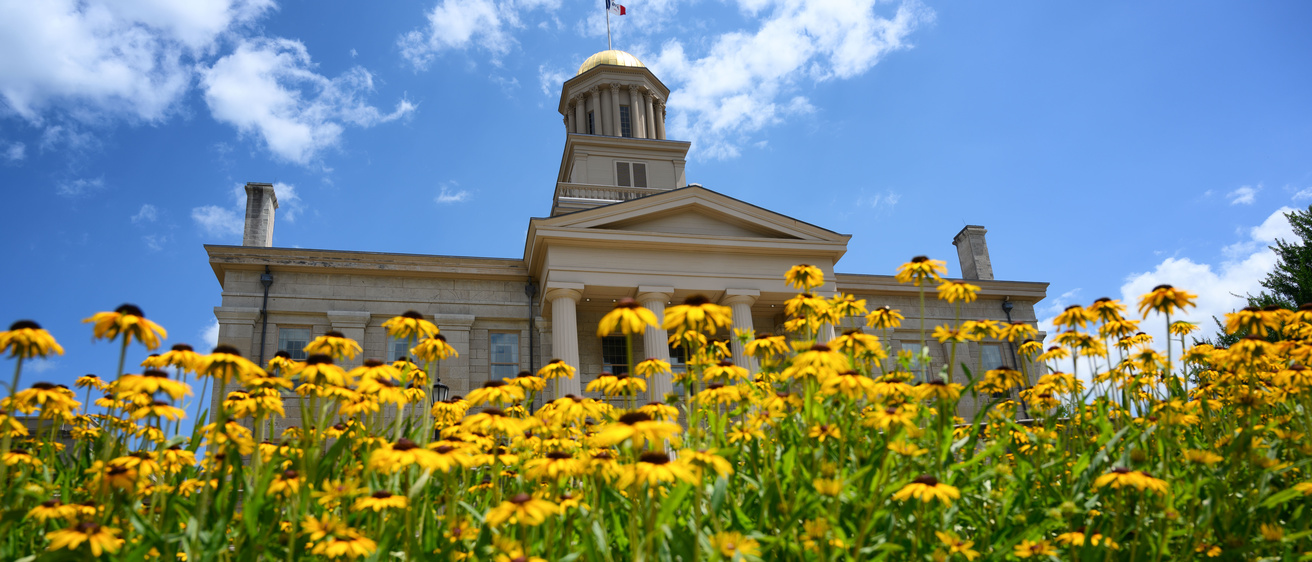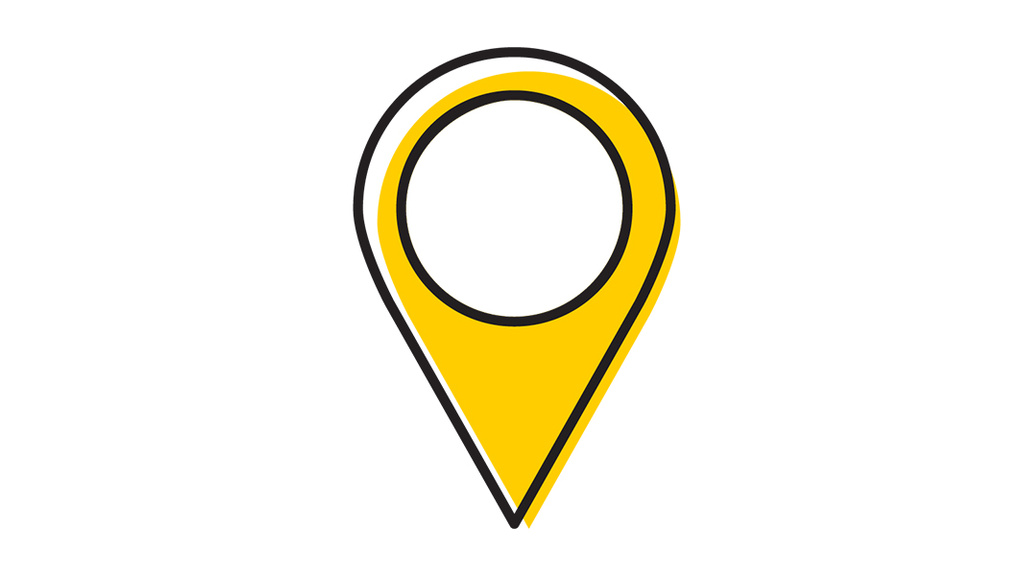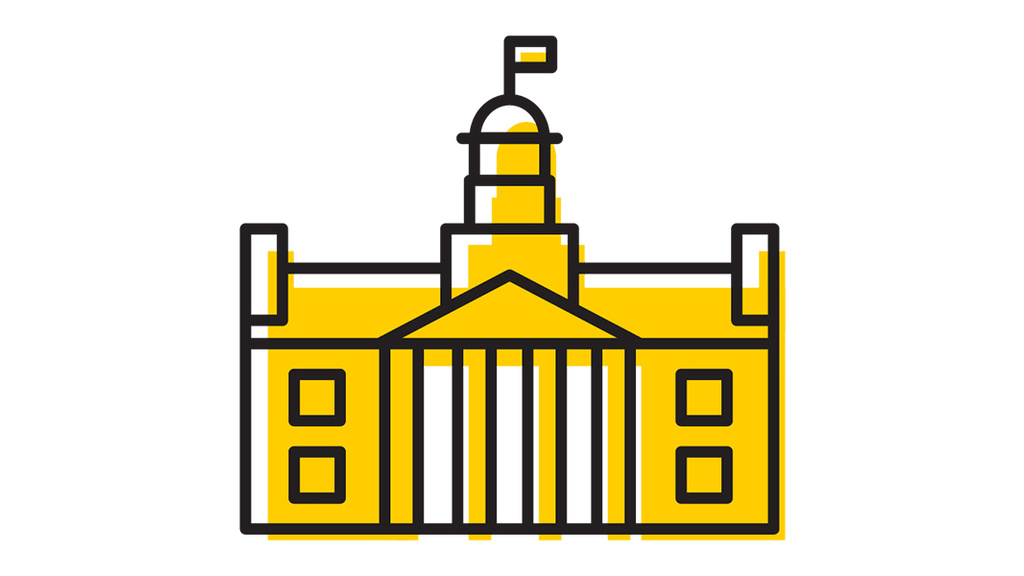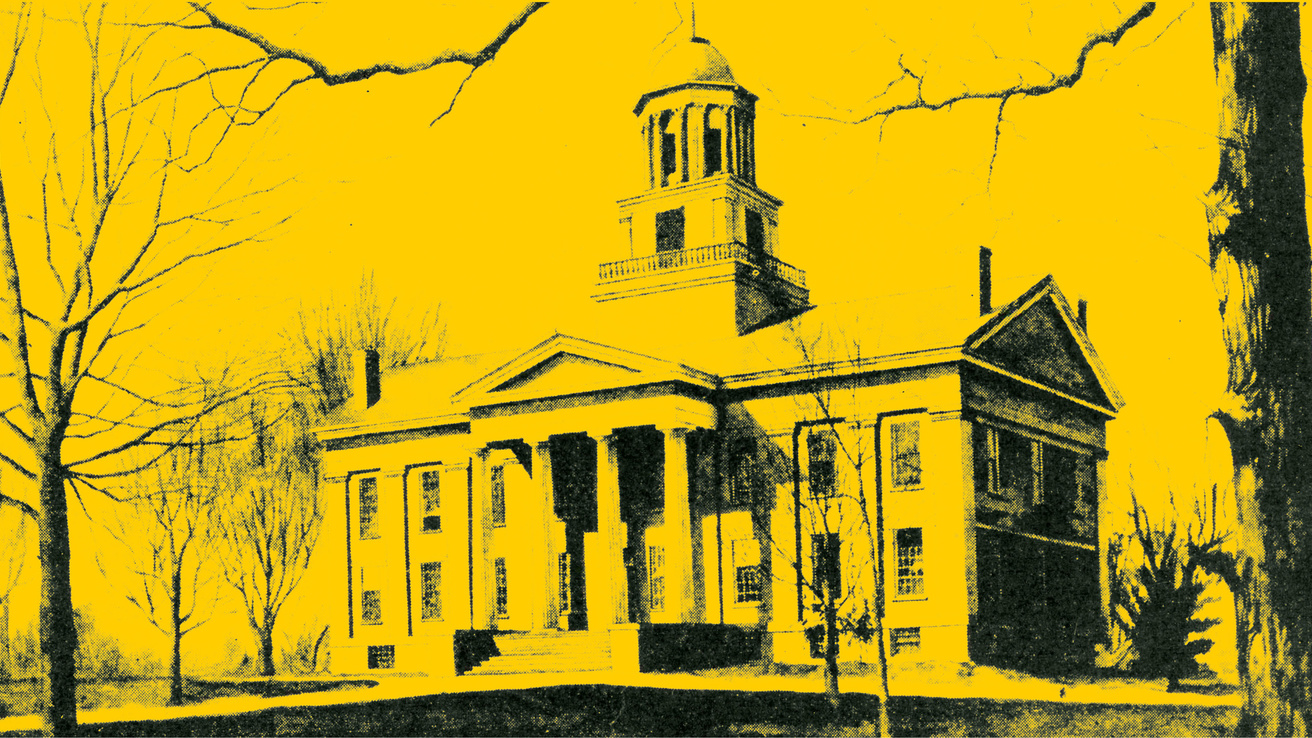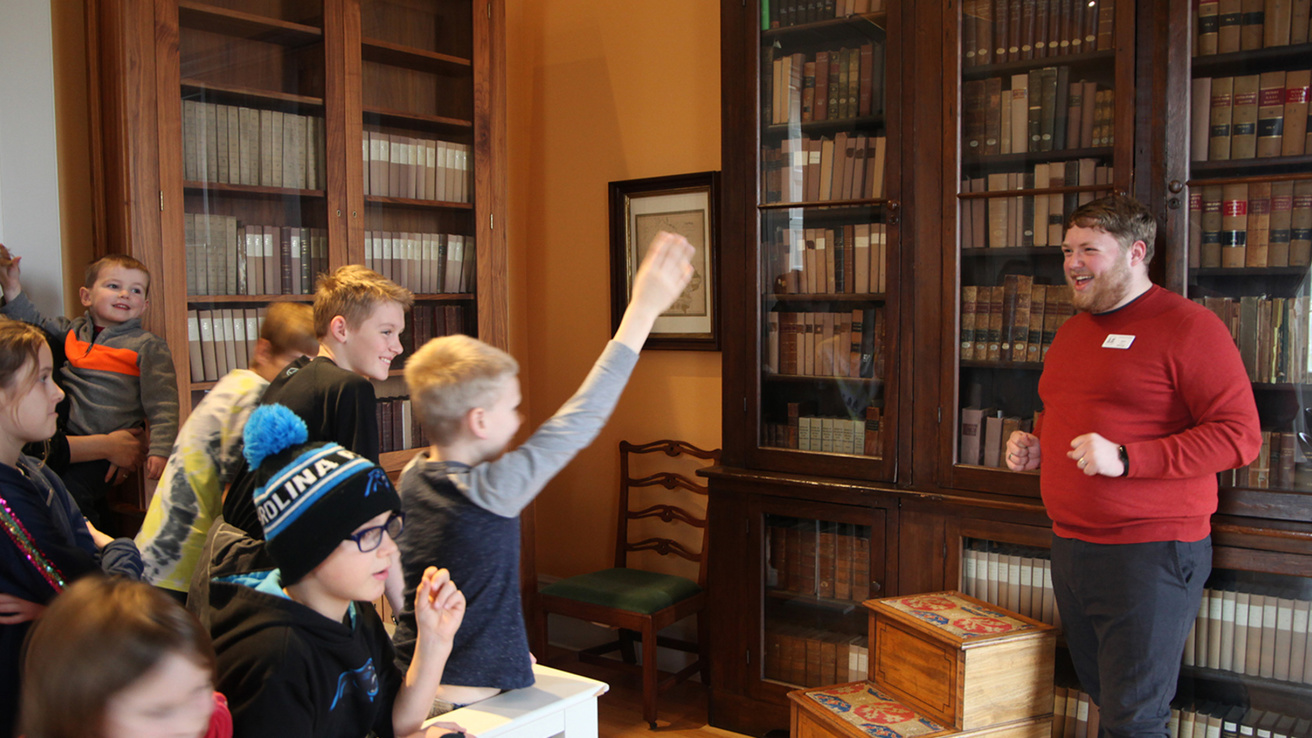Welcome to the Museum.
The Old Capitol remains one of the most recognizable symbols of the state of Iowa. In the many years since the cornerstone was laid, the building has served state legislatures, countless university uses, and has undergone multiple additions and renovations, even surviving a major fire in 2001. Now a National Historic Landmark, the Old Capitol Museum welcomes you to explore.
Calendar

Book Club at the Museum
Students, join the book club that meets monthly inside the iconic Old Capitol Museum, with books of all genres, chosen by you. Come read, wonder, and connect as we transform this timeless building into a cozy retreat for shared stories and spirited discussion in the Pentacrest Museums first ever student book club.
For the Spring 2026 semester, Book Club @ the Museum will meet on the following Mondays from 7:00 p.m. - 8:00 p.m. at Old Cap:
February 2 (Please note: for February's book club meeting...
What's new?
The University of Iowa Pentacrest Museums (Old Capitol Museum & The UI Museum of Natural History) serve to strengthen the vital role of both Museums in the educational, research, and engagement missions of the University, enhancing the campus-wide focus on cultural and environmental diversity.
